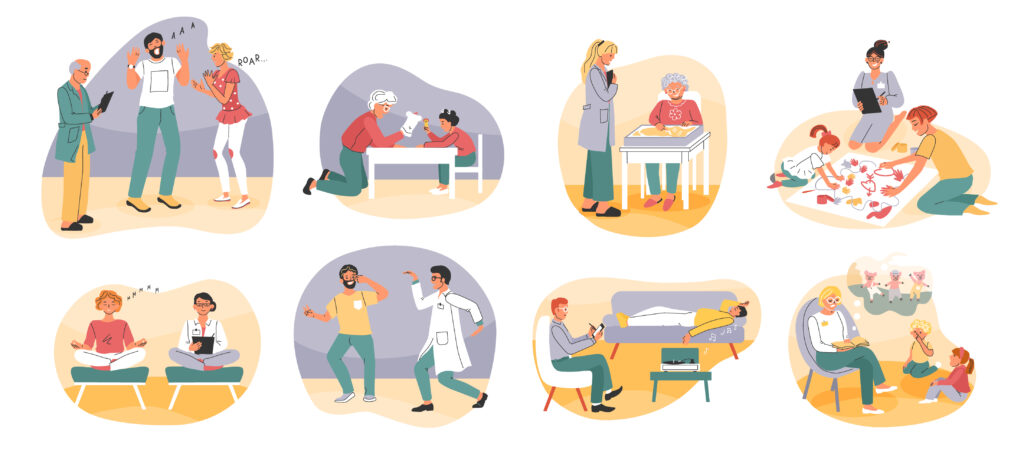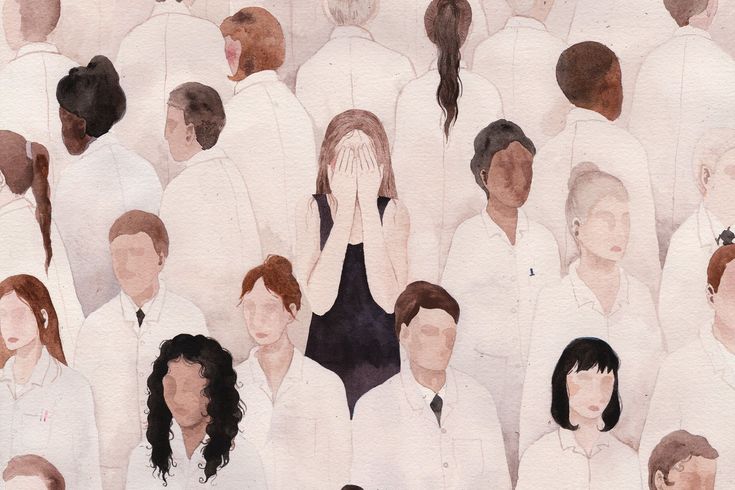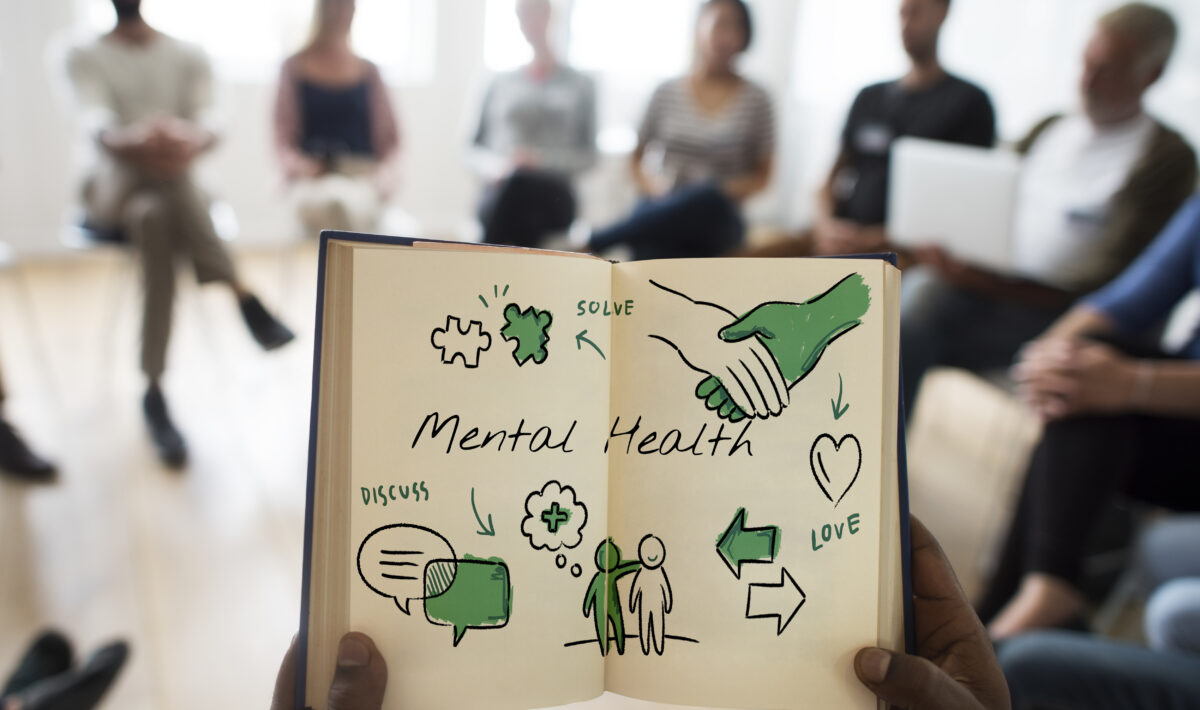A mental facility is a place that provides intensive, specialised inpatient care and support to patients with mental health disorders or conditions. Often times, people are self-admitted to these facilities or are placed in them by doctors orders until a patient is seen as “functional” enough to return to their communities.
Well-known facilities in Namibia are mostly found in the capital city, Windhoek, such as Bel Espirit Clinic, Holding Hope Mental Health Practice, Neurobloom Psychology, Geluk Psychology Services, and Windhoek Central Hospital. You can learn more about these places here. However, there are many more smaller facilities nationwide.
- Treatments within
The inpatient treatments that are commonly practiced include the use of prescribed medication, talk therapy, detoxification, group psychotherapy, anger management, and life skills. In addition, other treatments include nutritional counselling, holistic therapy, and dialectical behaviour therapy.
All mentioned treatments are used to treat patients when the doctor recommends them after you have been diagnosed and a proper analysis of your conditions has been made.
The duration of your stay depends on your treatment plan and how well you are responding to the treatment.

- Being Within
How you experience the mental facility depends on the treatment plan you are on, the facility staff, other patients, and the medication you are ingesting. Psychiatric medication causes a change in your brain to balance out the chemical imbalance, which is the cause of your mental health, and not too many people do well with these changes.
On a typical day, you have a schedule to follow, and this schedule depends on your treatment plan and the availability of the facility. A basic outline of a day-to-day schedule would include routine checkups (taking vitals and looking for potential self-harm wounds), group therapy, recess time, meals, visiting hours, exercising, and recreation time, along with a sleep schedule of at least 8 hours.
It is best to first do background checks to be able to get into a facility that suits your standards and your needs. That way, you will be more comfortable and have a better experience.

- Is it recommended?
Doctors of all medical expertise recommend going for therapy, and this includes the facilities as well. We have a stereotype in our motherland that mental health facilities are for people who are “crazy,” when in reality these facilities are put into place for all individuals who need intensive care for their mental health conditions, and these range from PTSD, anxiety, depression, psychotic breakdowns, anger management, childhood trauma, addictions, speech impairment, to something as a burnout.
These places are meant to help any individual who needs extra support in their healing journey, and they are meant for all ages, genders, and ethnic groups. These facilities cater to your every need; they give you a space to reflect and heal, and they give you a time out from reality so that you are able to feel like yourself again.

It is important that we cater to our mental illnesses as we would our physical illnesses. With the right treatment plan and environment, you can combat your mental illness.



